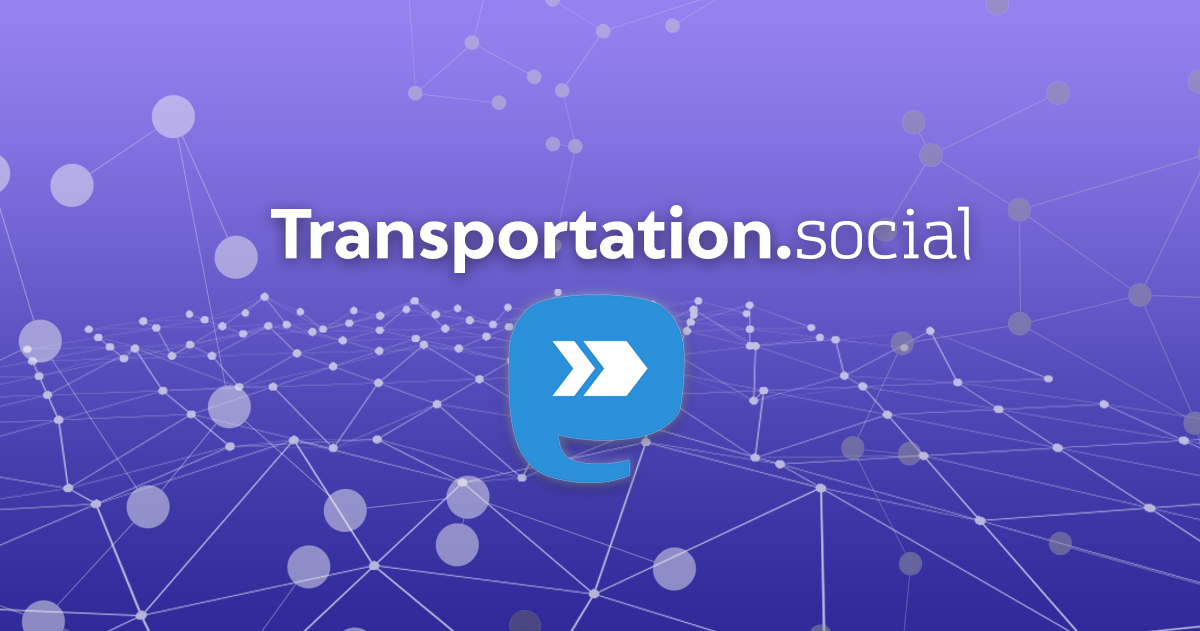I'm always at my most coherent five minutes after talking to a reporter. Emily Cochrane of the NYT did a great job of making sense of what I babbled...but what I meant to say, in response to her important question of whether the southern #Appalachian communities will be able to "build back better," was...🧵
A resilient recovery is necessarily sensitive to the needs, challenges, and vulnerabilites of those who are affected. And this means centering and amplifying their lived expertise. Any conversations about building back better must be led by local community members who most deeply understand the communities' needs, both before and after #Helene. 3/
But that sort of process takes time and resources, both of which are in short supply right now. The sheer scale of damage caused by Helene, the unfathomably urgent need for help right now, across such a wide spread area, means we don't have the luxury of thinking about how to build back better yet. 4/
And those of us on the outside don't have any right to be leading those conversations anyway. We've spent over a century extracting the southern Appalachian's natural resources and exploiting its culturally-rich communities under the guise of economic development...and in the process, directly creating the conditions that allowed Helene's impacts to be so catastrophic to so many mountain communities*
*yes, this is foreshadowing a much longer and politically heated conversation
Our mountain neighbors will need to supported so that they can, ultimately, lead any and all conversations about "building back better." But right now, what they most need is direct aid to cope with the impacts of Helene. They need food, water, shelter, health care. They need to know if their loved ones survived. They can't wait for conversations about building back better. Lives and livelihoods are on the line.
If you want to help, one way is to give directly to the amazing organizations already on the ground in the southern Appalachians. I have a steadily growing list of organizations I (and/or those I know and trust) can vouch for:
https://docs.google.com/spreadsheets/d/1RR5HML5ni83NdVodRGp2NZvyDJ_HtiAgw3J-IlMtPuA/edit?usp=sharing
/end

In theory, 'good' disaster recovery strikes a balance between coping with the immediate impacts of a disaster, and using what we learn from those impacts to catalyze a more resilience-focused recovery, to reduce their risks and impacts of future disasters. 2/